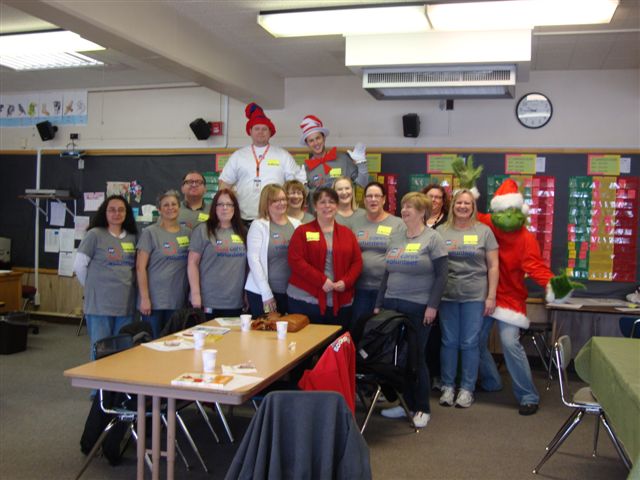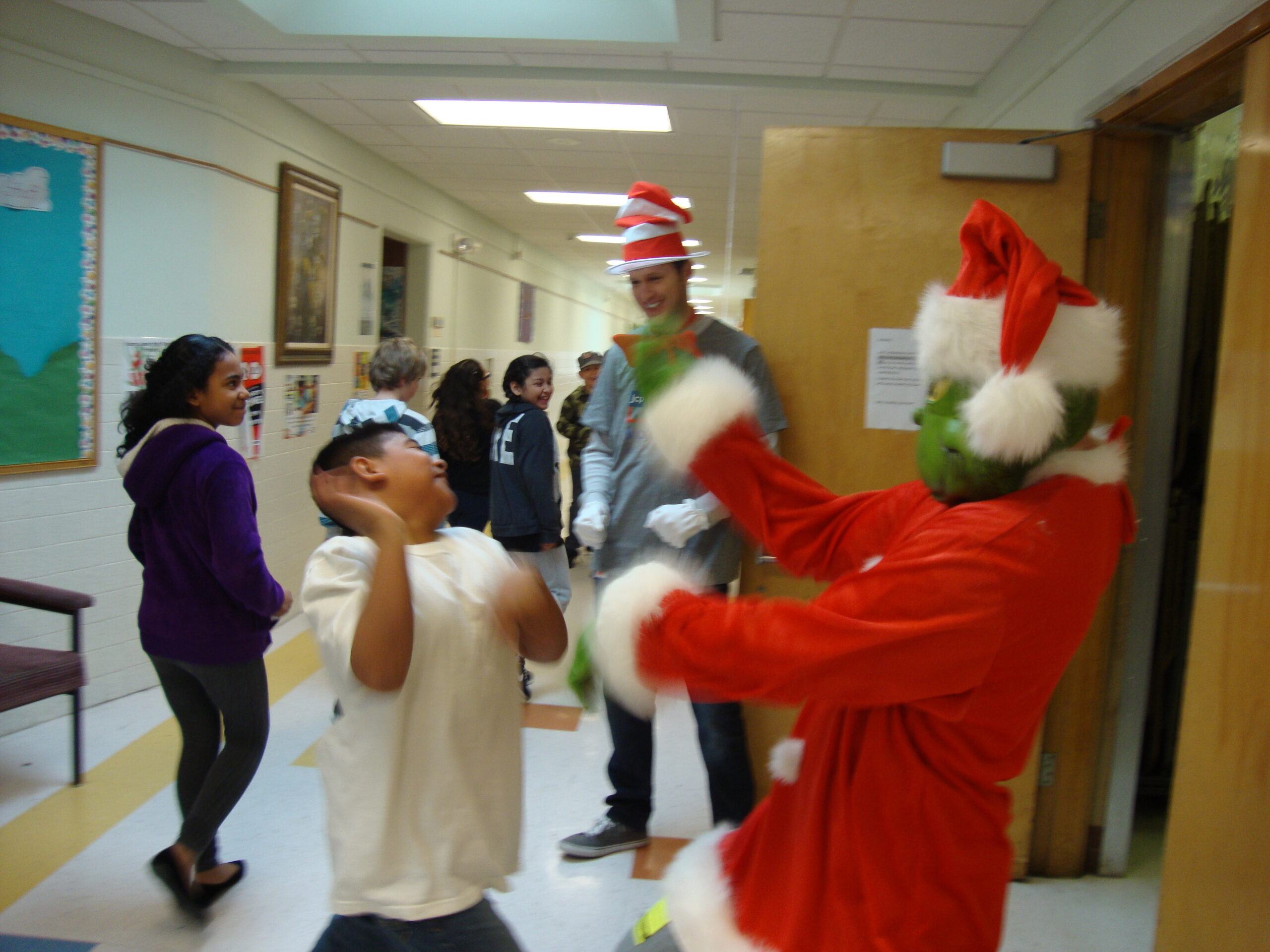
Volunteer and Community Engagement Director
When I think back to my favorite memories as a child reading was definitely at the top of my list. I remember being excited about getting the Scholastic flyer that I could look at over and over again before deciding which books I’d pick up at the school book fair. I loved doing the summer reading program at the library and the Pizza Hut Book It program where I could get my own free personal pan pizza just for doing something I already loved. For me, reading was an integral part of my childhood and something I never thought twice about until I got involved with the work UWSL is doing to support early-grade literacy.
Children are Kindergarten Ready
Why it matters: When children enter kindergarten with the foundation skills to succeed in school, they are more likely to stay on grade level through third grade. Research also shows that at-risk children who enter kindergarten ready to learn use special education services at significantly reduced rates, resulting in cost savings to the state and federal government.
Last year, I started volunteering in a Kindergarten class and I am amazed at the difference between the students I get to work with. Some seem to have a good grasp of things like colors and shapes, letters and numbers, or short words — but unfortunately, some of them can’t tell the difference between a letter and number. I work with the teacher to reinforce what she is teaching and by the end of the school year, you can see just how far many of the students have come. I also know that this won’t be their final challenge as they move into 1st grade and beyond.
Students are Proficient in Reading in 3rd Grade
Why it matters: When students read on grade level by the end of third grade, they are more likely to stay on grade level in reading and in other subjects. Third-grade reading proficiency is also a strong predictor of whether a child will graduate from high school and continue with college.
Through my work at UWSL I have learned just how critical it can be for students that are struggling to read to have one-on-one support. Many of our staff participate in the Read. Graduate. Succeed. program that provides volunteers the opportunity to work one-on-one with a student practicing reading skills, helping with math homework, or by acting as a mentor and support for a student. In as little as one hour, once a week, volunteers have helped 80 percent of participating students to increase their reading skills by three or more levels.
My team is currently connecting volunteers to opportunities to read with students to celebrate Dr. Seuss Day. Volunteers will put on their Seuss hats, costumes, and t-shirts and share their love of books with students in a fun and interactive way.
We are also asking for volunteers to collect and donate new or gently-used Dr. Seuss books to distribute to low-income and refugee students. For some students, it may be their first and only book they personally own.
On March 2, in celebration of Dr. Seuss Day, please join our volunteers in reading with a child in your life. Even if all you can start with is five minutes during dinner or after bath time, it will be worth it for that child. You can help spark their imagination and hopefully instill a love of reading that will last their whole life. To learn more about how you can volunteer to read with a child visit uw.org/read.


